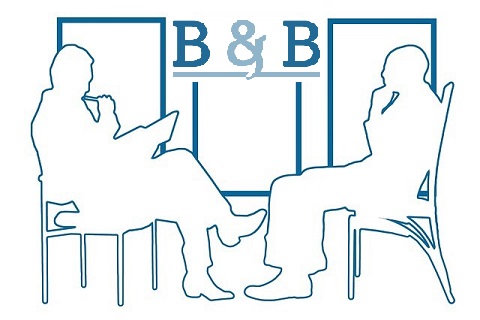5 Ways To Not Get An Offer
Friday, November 3, 2017 by Bailey

Williams James once said that, “whenever two people meet, there are six people present.” There is each person as they see themselves, each person as the other person sees them, and each person as they really are. The same goes for interviewing. Because this style of evaluation is so heavily based on perception, the best candidate for the job does not get the offer over 80% of the time.
As a result, interviewing has become both an art and a game. The art is in your style, soft skills, and characteristics that you display. The game is getting an offer, and winning comes with practice, planning, and strategy. Try to avoid these common ways to “lose” the game and not receive an offer:
Bad Appearance
Make sure you are not underdressed, this is viewed as disrespectful. Clothes should be conservative, neat, pressed, and appropriate for business formal even if the setting is business casual. Shoes should be shined and make-up should be minimal. Avoid perfume and cologne, as well as jewelry and accessories. Your hair should be combed and not distracting!
Lack of Enthusiasm
If you’re not interested in the opportunity and the company, why are you going to the interview? If you are interested, show it. Research the company and ask meaningful questions about the position, business model, culture, or management style. When you answer questions, avoid short or vague answers in favor of responses that showcase your knowledge, personality traits, and acquired skills.
Me, Not We
Remember the part of the William James quote regarding each person as they see themselves? That aspect can sometimes be a problem during an interview. If the interviewee is all about the interviewee, putting too much focus on ego-satisfying stimuli like money or title, it can be extremely detrimental to their chances at landing an offer. As Ben Franklin once said, “he that falls in love with himself, has no rivals.”
Unconsciously Self-Destructive
There are many careless ways to hurt your chances of getting an offer. Among them are arriving late (indicative of poor planning), not fully completing the application (lack of compliance), a limp/fishy handshake (lack of professionalism), failing to look at interviewer when conversing (lack of confidence or respect), poor posture (lack of poise or confidence), condemning past employers (lack of respect), making too many excuses (not accepting of criticism), providing evasive and/or conflicting information (perception of fabrication), poor manners (lack of courtesy), not showing appreciation of interviewers’ time (lack of tact and professionalism).
Beyond the Call
An interview is an exchange of information. It shouldn’t be treated as a confessional or a lecture, and you shouldn’t be too forthcoming, aggressive, or verbose. Treat it as an opportunity to exhibit your personality and communicate knowledge and experience that is appropriate to the needs and requirements of the opportunity.
